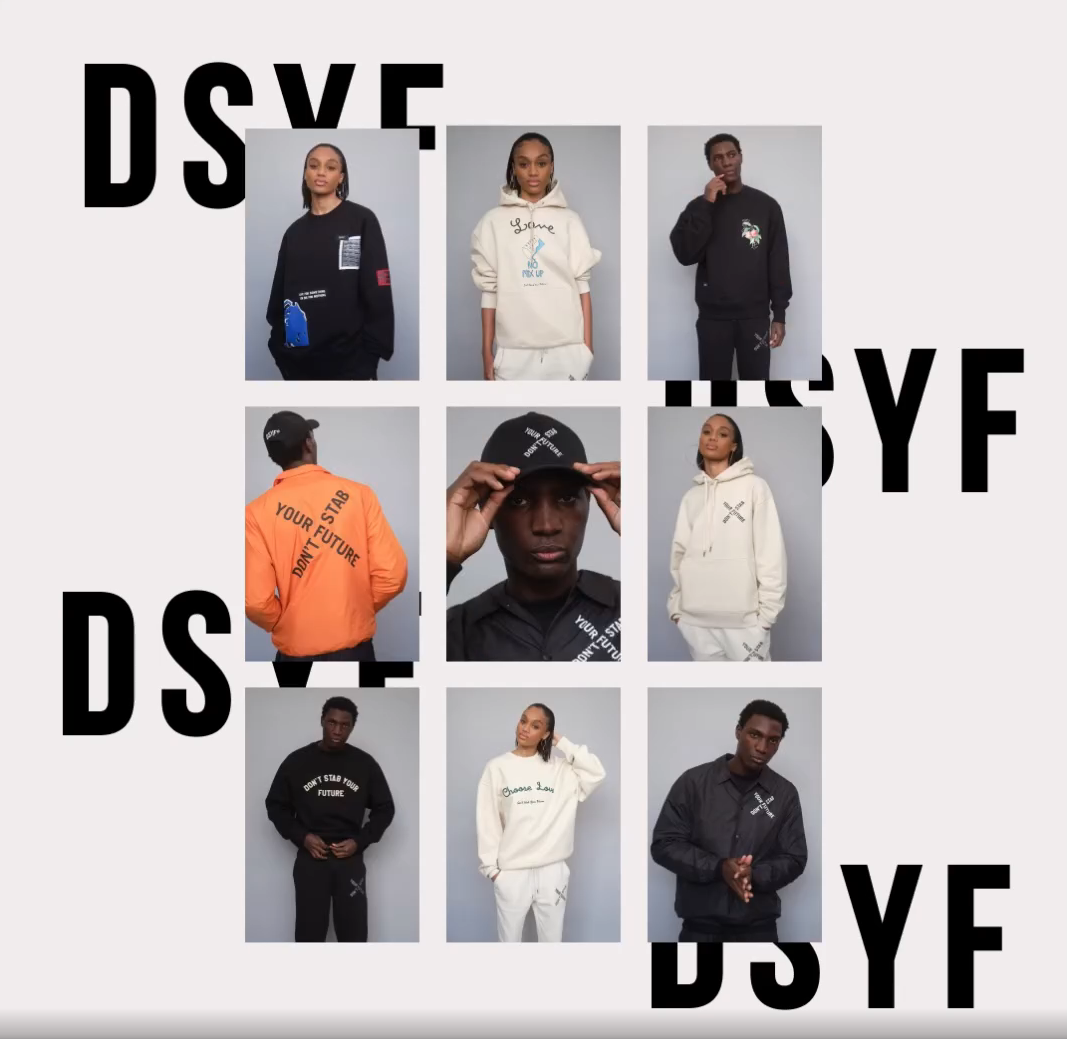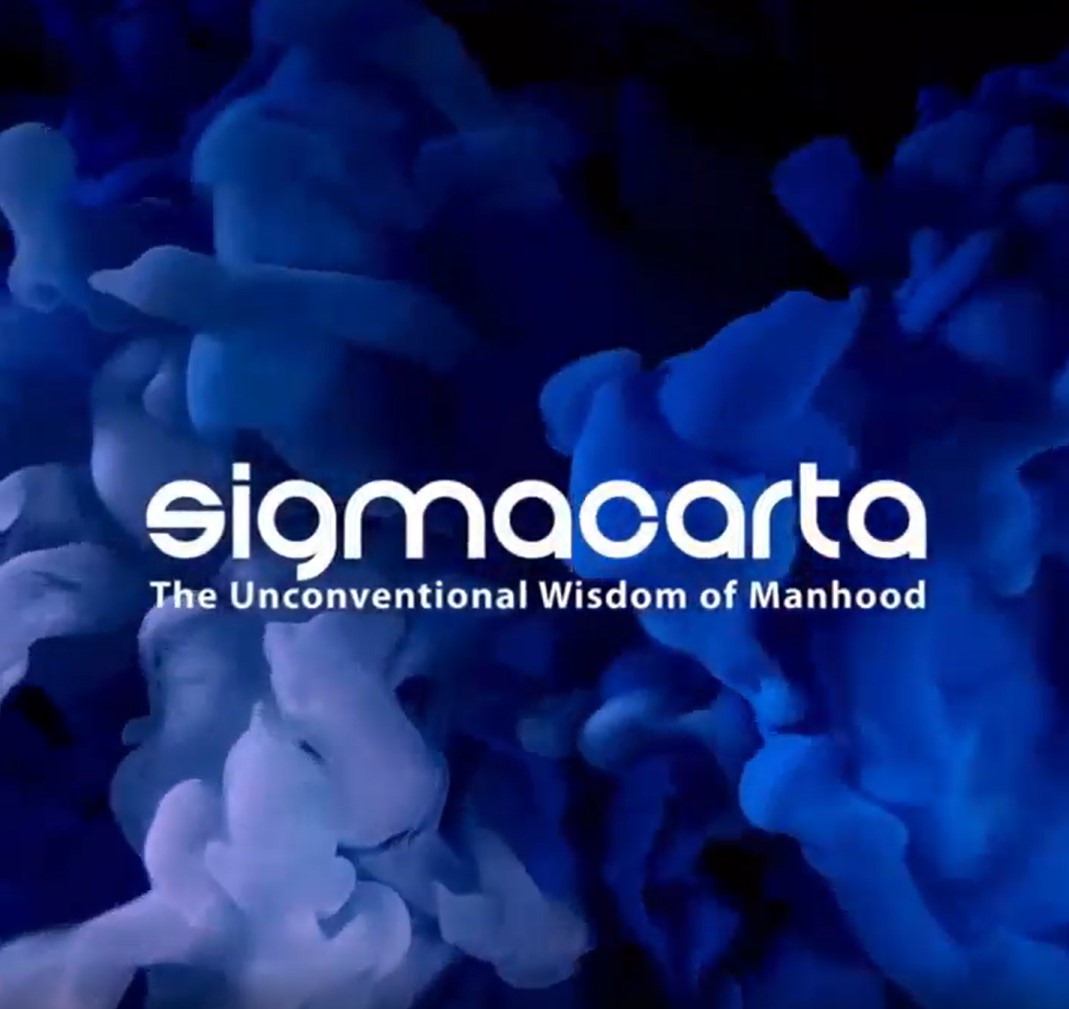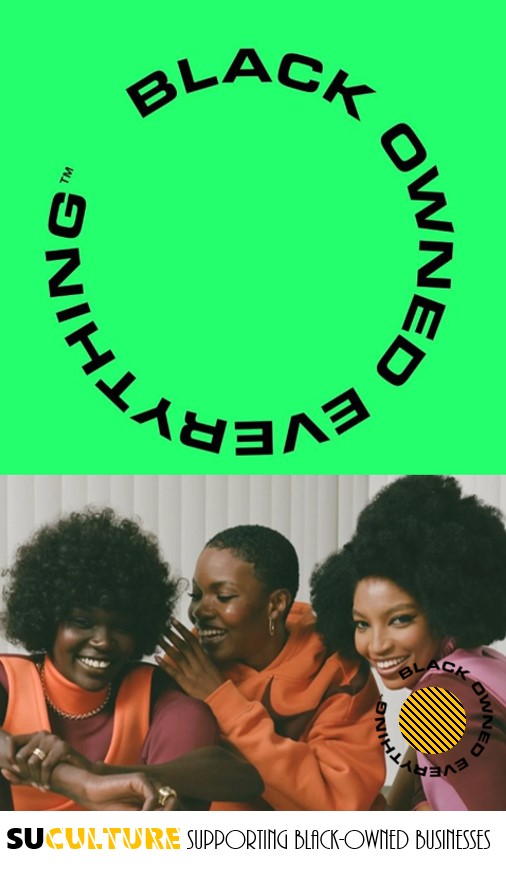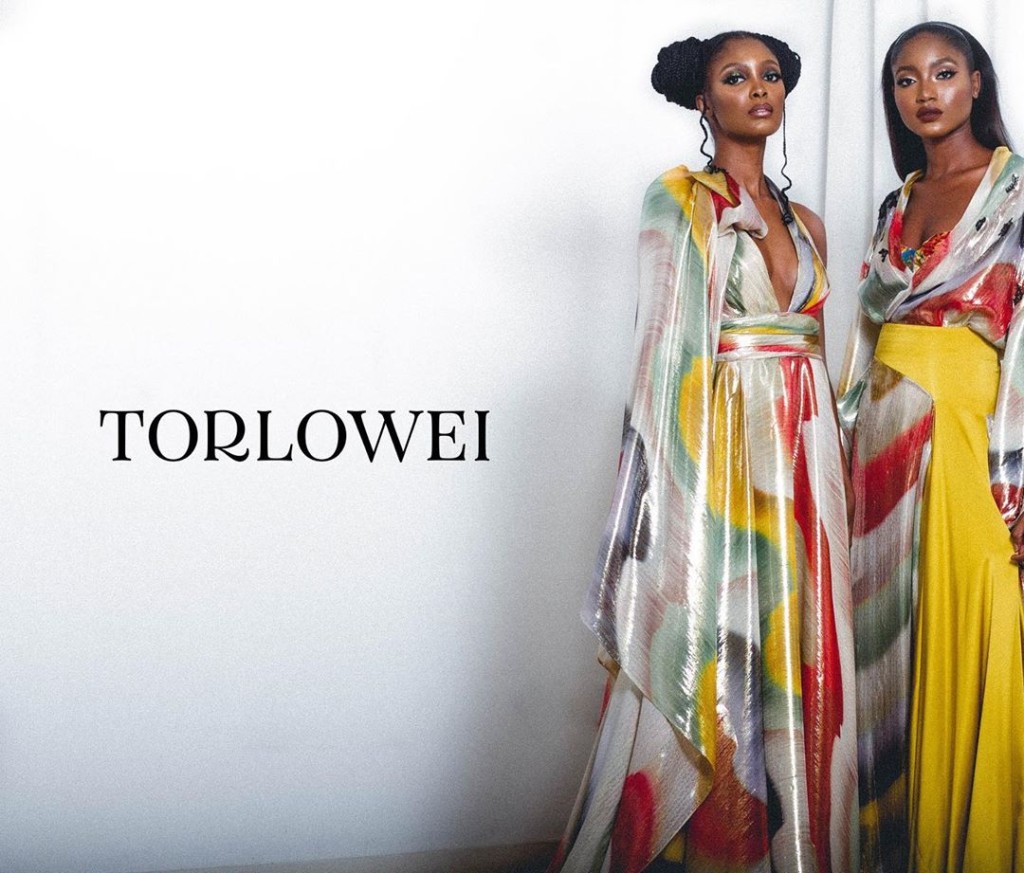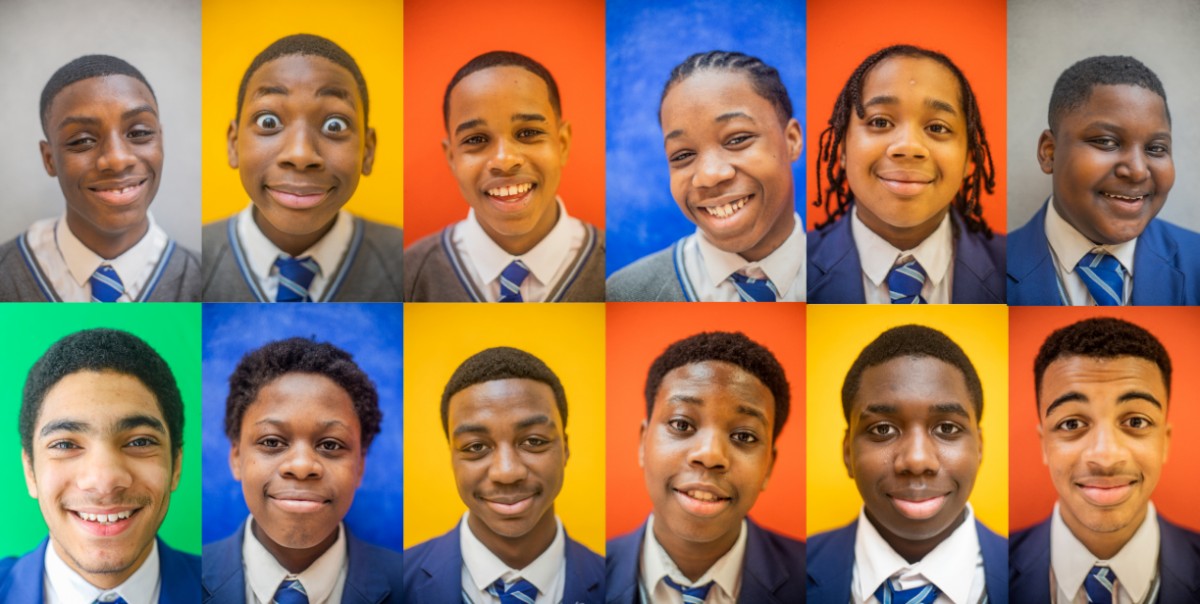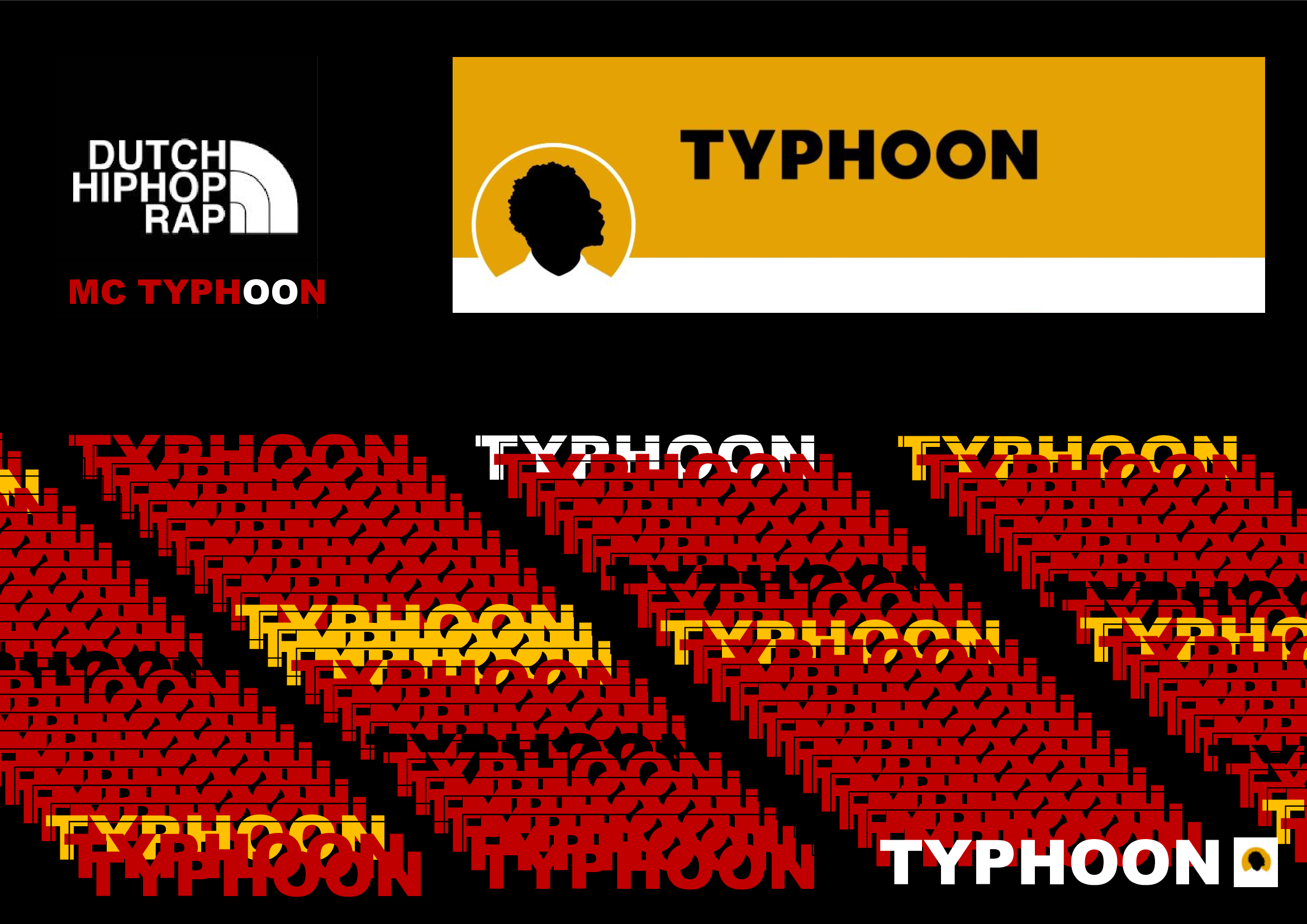-
AuthorPosts
-
-
Film Critique:
Things Fall Apart –
Chinua Achebe.

The casting of Idris Elba as Okonkwo in the Hollywood adaptation of Chinua Achebe’s Things Fall Apart has sparked a heated debate about cultural representation, identity, and authenticity in media, with criticisms and defenses emerging from various camps. At the heart of this issue lies a broader conversation about who has the right to represent African stories and whether casting decisions in film adaptations of culturally significant works can be seen as a form of neo-colonialism or simply a means of expanding global visibility.
Overview and Historical Context.
Achebe’s Things Fall Apart, published in 1958, is widely regarded as a seminal work in African literature and a defining narrative of colonialism’s impact on African societies, specifically Igbo culture. The novel portrays Okonkwo, a proud and tragic hero, as a symbol of resistance to colonial and cultural erasure. It has been hailed for giving voice to African perspectives in a world dominated by Western literary traditions, and its translation into more than 50 languages underscores its global significance.
Does casting Idris Elba, a Sierra Leonean-Ghanaian-British actor, as Okonkwo raise questions of representation? Historically, Hollywood has been criticized for misrepresenting or appropriating African culture and history. This casting decision taps into a long-standing tension in post-colonial discussions about cultural ownership, authenticity, and who gets to tell African stories. Moreover, African countries and communities often perceive Western film industries as engaging in a type of cultural exploitation, where African stories are filtered through a Western lens, stripping them of their context and nuance.
This discussion is not new. African audiences have previously expressed concerns about similar casting choices, such as Elba’s portrayal of Nelson Mandela in Mandela: Long Walk to Freedom (2013) and Jennifer Hudson’s portrayal of Winnie Mandela. Each time, there has been an outcry over the lack of local African actors in these roles, seen by some as cultural gatekeeping or “cultural neo-colonialism” — where African stories are used but not sufficiently “owned” by Africans themselves in the creative process.
The Debate: Cultural Appropriation vs. Global Exposure.
Critics of Elba’s casting argue that Things Fall Apart is a deeply Nigerian story, embedded in the nuances of Igbo culture, language, and history. For them, casting an actor who, despite his African heritage, does not possess the lived experience of being Nigerian or Igbo could undermine the authenticity of the portrayal. This is viewed as a type of cultural erasure — a situation where Africa’s rich and diverse heritage is reduced to a generalized African identity in the eyes of the global audience. Critics fear that such portrayals, especially when enacted by non-Nigerians, might dilute the cultural significance of the novel.
One of the most prominent arguments here is that Nigeria, with its vast and vibrant film industry (Nollywood), has plenty of actors who could embody the role of Okonkwo with more cultural and linguistic authenticity. Moreover Hollywood actors such as Chiwetel Ejiofor; Damson Idris; David Oyelowo; John Boyega; Adewale Akinnuoye-Agbaje; Hakeem Kae-Kazim; Richard Ayoade; Sope Dirisu; Nonso Anozie; have been named. Nollywood has been one of the world’s most prolific film industries, telling countless African stories from a deeply local perspective. Critics ask: why not cast a Nigerian actor who could capture the essence of Okonkwo and honor the cultural roots of the story?
Additionally, the concept of “cultural neo-colonialism” suggests that Western powers, through cultural industries, continue to dominate the representation of African people and stories. Hollywood’s global reach means that African stories told through its lens often become the most widely consumed versions, even though they may not be the most accurate or culturally sensitive. This has led to concerns about the commodification of African culture, where the profit motive outweighs the importance of cultural respect and integrity.
However, those who defend Elba’s casting make counterarguments that deserve equal attention. First, they point to his African heritage, arguing that his background gives him a legitimate connection to the continent’s broader narrative. As a British actor with Sierra Leonean and Ghanaian parentage, Elba is seen by some as an African diasporic figure who can authentically tell African stories, even if he is not Nigerian or Igbo specifically. This argument ties into ideas about pan-Africanism — the belief that African people, regardless of their specific nationality or ethnicity, share a common history and destiny.
Moreover, supporters highlight the global visibility that Elba brings to the project. They argue that Hollywood’s reach means a film with Elba in the lead role would attract more attention and help bring Achebe’s work to a broader, global audience. This point emphasizes the potential for cross-cultural understanding and the dissemination of African stories to wider audiences, something that may not happen as effectively with a lesser-known, local actor.
Broader Implications and Critique.
The debate about casting in African stories touches on a deeper critique of the global film industry, particularly its tendency to homogenize diverse cultural experiences into marketable products. Hollywood’s dominance in global film markets means that its portrayal of African stories can often become definitive for non-African audiences. This creates an imbalance in how African cultures are perceived and understood globally. Even when a well-meaning project like the Things Fall Apart adaptation aims to tell an important African story, it risks reinforcing stereotypes or flattening the complexity of African identities.
At the same time, the defensive reactions from Nigerian and other African cultural critics can also be critiqued as a form of “cultural provincialism,” where local gatekeepers try to limit who can participate in African storytelling. Some critics argue that insisting on Nigerian actors for Nigerian stories could reinforce narrow boundaries around cultural ownership. This is particularly significant in the globalized world, where diasporic identities and transnational experiences challenge the idea that only local actors or storytellers can authentically represent a particular culture.
Conclusion.
The controversy surrounding Idris Elba’s casting as Okonkwo in the Things Fall Apart adaptation reflects broader tensions between cultural authenticity, representation, and global exposure in the film industry. While critics have valid concerns about the cultural appropriation and neo-colonial implications of Hollywood’s dominance in telling African stories, supporters make equally important arguments about the importance of global visibility and the pan-African potential of diasporic actors like Elba. This debate is part of a larger conversation about how African stories should be told in a globalized world, and who gets to tell them. Ultimately, striking a balance between maintaining cultural authenticity and expanding global reach remains a key challenge for filmmakers adapting stories from diverse cultures.
-
@charlotte, Idris Elba’s casting as Okonkwo in Things Fall Apart represents a powerful opportunity to challenge the limiting frameworks of cultural ownership while expanding the global reach of African stories. At its core, Achebe’s novel is not just a Nigerian or Igbo story, but a narrative that speaks to universal themes of colonialism, identity, and the clash of cultures.
Casting a well-known actor of African descent like Elba is a strategic decision that leverages his global appeal to bring these themes to a wider, more diverse audience, while still maintaining a connection to the continent through his heritage.
-
While critics may argue that cultural authenticity is compromised by not casting a Nigerian actor, this risks falling into ‘cultural-essentialism’, where only those from a specific cultural background are deemed capable of telling or embodying its stories.
In an interconnected, globalized world, such rigid boundaries undermine the richness of diasporic identities and the idea that African narratives can be shared across and beyond national borders.
Elba’s participation demonstrates the evolving nature of African identity, where the continent’s stories are not bound by geography but can be shaped by the broader African diaspora.
J.
-
Interesting article @Charlotte.
Elba’s portrayal of Okonkwo could also inspire a more complex understanding of African masculinity.
Okonkwo, as a character, embodies both strength and tragic vulnerability. Elba’s range as an actor offers the potential to explore these complexities in ways that resonate with contemporary audiences, drawing out the universal aspects of the story while preserving its uniquely African context. His previous roles, including in Mandela: Long Walk to Freedom, illustrate his ability to embody iconic African figures with sensitivity and nuance, suggesting that his Okonkwo will be both powerful and layered.
-
-
AuthorPosts
You must be logged in to reply to this topic.

